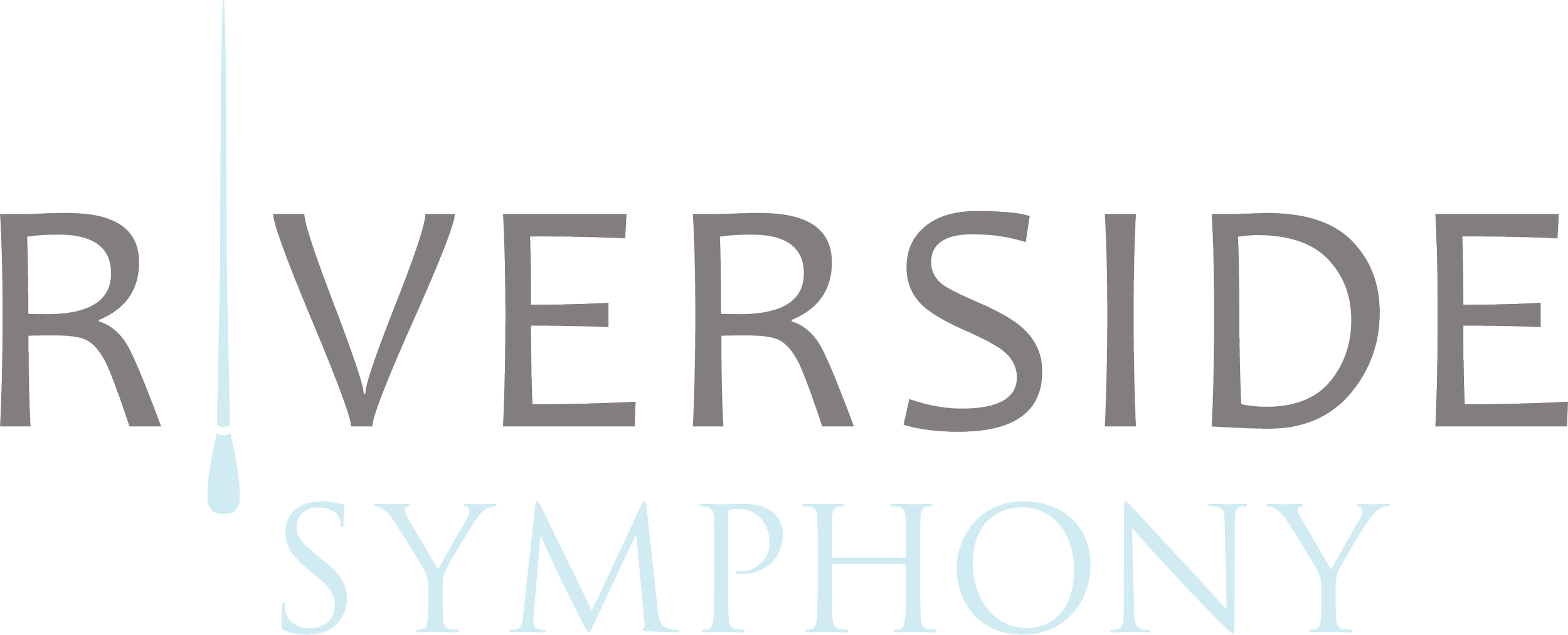Composer Corner: Andrew Imbrie and Riverside Symphony
Andrew Imbrie
Though still unsung in the larger scheme, the late, highly regarded American composer Andrew Imbrie (1921 – 2007) is a name well known to longtime Riverside Symphony concertgoers. April is a reminder of Andy’s centennial a year hence, felicitously coinciding with our own milestone when we conclude our 40th anniversary next April at Alice Tully Hall
On several occasions, Andy addressed our audience from the Alice Tully Hall stage, once just prior to the world premiere of his Third Piano Concerto (a Riverside Symphony commission) and later before the New York premiere of his magnificent Requiem. Both works were recorded for Bridge Records, a disc which garnered a 2000 Grammy Nomination.
When Andy spoke, especially before the public, his gentle and plainspoken manner were always apparent. In more private settings, he could be taciturn, distracted, or even distant—or animated and engaged, going on at great and enthusiastic lengths. More relevant to this discussion, he was one of the best musicians I’ve ever met and a peerless teacher and diagnostician to the several generations of young composers who came to study with him at U.C. Berkeley. Above all, he was—and is—an American musical treasure, overlooked for the short term, since his music bears none of the “shiny new toy” features of so much new work that is praised to the skies one day and completely forgotten the next. In that regard, his music is not unlike the man, who was all about substance and completely unconcerned with surface impressions.
We thought we’d take the remainder of this month to let Andy’s music speak for itself by exploring the Requiem movement by movement. The music doesn’t lend itself to a cursory listen, so we hope you will reward yourself with a little quiet time to enjoy this engrossing musical journey.
Imbrie’s requiem: Movement I
George Rothman, Andrew Imbrie, and Anthony Korf at the Requiem recording session.
The Requiem was Imbrie’s musical response to the sudden death of his son John from an undiagnosed heart condition, in 1981. Remarking on the “large and wonderful literature of music of mourning” in his program notes for the work’s 1985 premiere by The San Francisco Symphony, (who had commissioned it), critic Michael Steinberg went on to comment that the vast majority of such music “is mourning for figures more or less public, even when there has been a personal connection between mourner and mourned. The translation, then, of private grief into public utterance in and of itself represented a special, not to say painful, challenge to the composer.”
As in his later oratorio, Adam (also given its local premiere by Riverside Symphony) Imbrie drew upon both ancient Christian texts, such as one would hear in the Verdi Requiem, and later spiritual poetry. The work opens in soft solemnity, drawing on the former literary vein with a Requiem and Kyrie. The Requiem text, of course, is a prayer for eternal peace while the Kyrie beseeches The Lord’s mercy. As in all works of this nature, the massive forces of the choir and simplicity of utterance are meant to invoke all of humanity.

